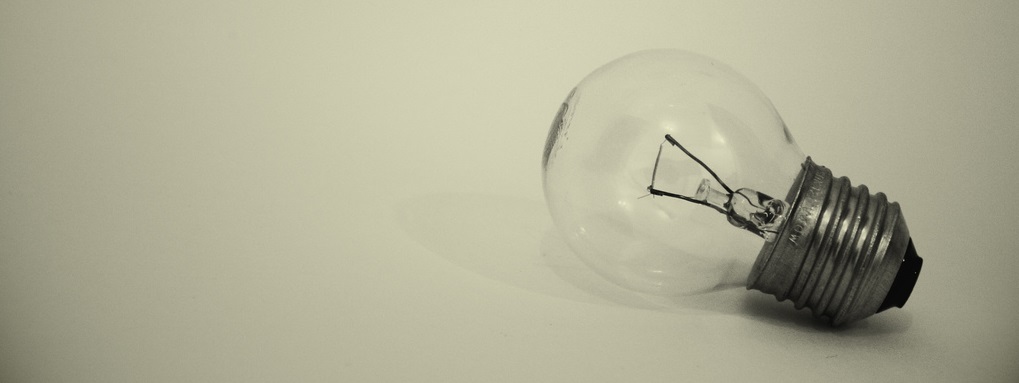Despite their bad reputation, patents are instruments that help encourage innovation.
Patents are part of industrial property law and are a formal instrument provided by the public administration to promote innovation, and especially the transfer of technology and knowledge to society. But despite these lofty goals, their reputation is not entirely positive, so it’s important to clear up a few questions about the patent system
As we explained in an earlier post in the Think Big Blog, inventions can be protected by mechanisms such as trade secrets, in addition to patents themselves. It’s important to remember that if you want to patent an invention of your own, you have to fulfil several basic requirements.

Can I patent an idea to keep someone from stealing it?
The answer to this is clear: no, you can’t. The patent system doesn’t allow protection of ideas or theories, only inventions that are new, have an industrial application, and are the product of significant intellectual activity, in other words, inventions that aren’t derived from the state of the art.
As explained in the blog Protectia, you can protect “the practical execution of an idea”. In other words, if you manage to develop a technical solution to a technical problem based on an idea, you can patent your invention. This is an important clarification, because it defines the very purpose of patents: to encourage innovation and technological and scientific development.
Does a patent protect my invention everywhere in the world?
In addition to explaining the purpose of patents, it’s also important to define how far they extend. A patent is defined as «the title granted by the State for the exclusive exploitation, for a specified period of time, of a new and useful invention “. In other words, the protection is granted on a national level.
However, there are several international initiatives aimed at unifying the requirements and conditions for patentability. These include the Paris Convention of 1883, the Munich Convention of 1973, the Agreement on Trade-Related Aspects of Intellectual Property Rights, and the Doha Declaration.

Will my patent be secret for the next few years?
This question normally raises doubts among people who want to file for a patent. If you want to protect your invention so that it isn’t revealed to the general public, then you should opt for trade secrecy. However, if someone learns of your invention and “breaks the secrecy”, you’ll have no legal protection to defend yourself.
The patent makes your invention public, and in exchange, the State guarantees you exclusivity of exploitation for the next 20 years. After that time, your invention will be freely accessible to everyone, so you have to make sure that the protection over the course of two decades generates enough economic benefit to compensate the investment that you’ve made in the innovation.
Patent or publish?
In this case, the question is answered like an old song by Jarabe de Palo: : “it depends”. In the United States, the existence of what is known as the “grace period” allows inventors to patent their inventions, even if they have published them within the previous year. The same is not true in Europe: first you patent, then, if you want to, you publish. If the innovation was already known, you can’t protect it.
This situation occurred in the 1970s with recombinant DNA technology, which was announced in three scientific publications. For this reason, it was able to be patented in the United States, but not in Europe.
In short, the protection of innovation is a guarantee at the government level that allows the promotion of R&D&I. Each legal instrument (patent or trade secret, for example) has its own advantages and disadvantages that inventors need to take into account.
Images | Diego Dalmaso (Flickr), Ebayink (Flickr), Geralt (Pixabay)









